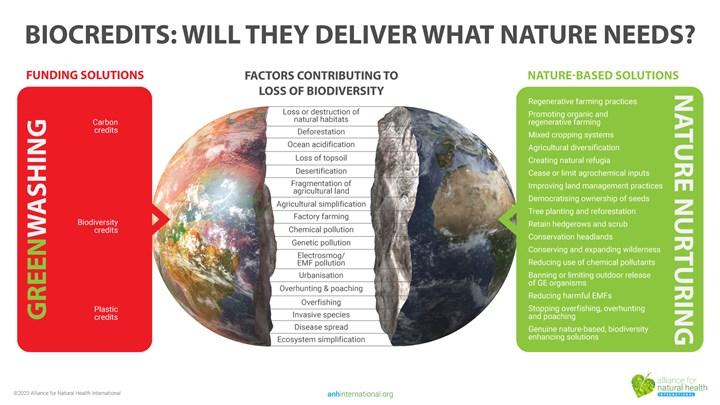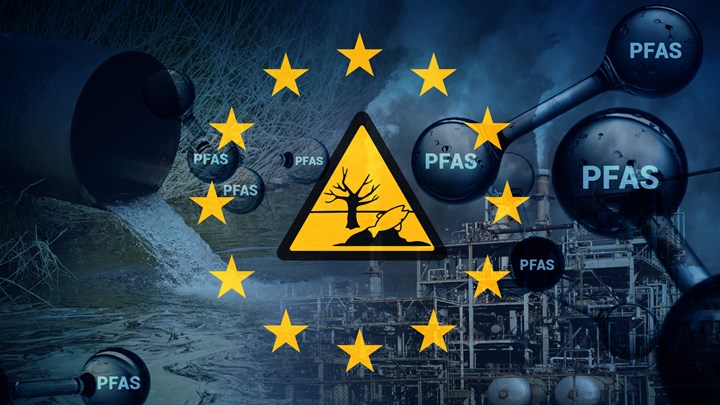Child safety or vaccine safety?
Which is more important? In a letter published in the Indian Journal of Medical Ethics concerns have been raised regarding changes to the way the World Health Organization (WHO) assesses adverse events following immunisation (AEFI). In 2008, following the introduction of the pentavalent vaccine, Quinvaxem, in Sri Lanka, five children died leading to the vaccine being withdrawn by the Sri Lankan government. The WHO team that investigated the deaths used the standard WHO Brighton classification and initially classified three of the five deaths as “probably” related to vaccination. However, the team then deleted the ‘probably’ and ’possible’ categories from the Brighton classification concluding that the deaths were “unlikely” to be related to the vaccine. Following this action, the Brighton classification was revised by the WHO. Further reports of serious AEFI’s including 12 deaths, associated with the Quinvaxem vaccine were made in Vietnam in 2013. The WHO investigated and concluded there was insufficient evidence to draw a definite conclusion, stating that the vaccine is “extremely safe”. As health authorities around the world continue to maintain vaccines are ‘safe’ how many more ‘coincidental’ deaths are needed before action is taken? If you believe health authorities should not be allowed to claim vaccines are ‘safe’ please sign our petition.
Pukka joins Unilever
After much soul-searching and deliberation Pukka Herbs has taken the unprecedented decision to join food and tea giant Unilever giving its reasons as needing to fully support future growth and ensure the long-term future of the business beyond the lifetime of the founders . Many Pukka lovers have reacted angrily at the news viewing the decision as a sell-out. In a letter published on the website and Facebook page, co-founders Sebastian Pole and Tim Westwell have forcefully argued that this investment decision will not in any way alter Pukka’s ethics and sustainability mission and vision. ANH International has worked very closely with Pukka Herbs since ANH’s inception in 2002 given their shared sustainability vision. Rob Verkerk, executive and scientific director of ANH-Intl posted the following comment in the wake of the announcement on Monday 4th September:
“It’s too easy for those of us who're passionate about natural health, environmental sustainability and positive world change to knee-jerk to this news. Having spoken to Sebastian, and reading Seb and Tim's letter, I am reassured that there will be no dilution of the core principles on which Seb and Tim founded the company that so many of us hold so dear. The things we all love about the company, other than its founders, are the organic herbs, the ethical sourcing, the sustainable and environmentally responsible production systems - helping to make the planet a better place to live while assimilating herbs that make a real difference to our health. That won’t change, nor will Seb and Tim’s hands-on involvement: it’s exactly what Unilever is buying into, along with Pukka’s B Corp status, organic standards, quality of products, etc. If I didn’t know so well the strength of their commitment to do the right thing, I’d be a lot more worried about these core principles being diluted. We’re at a place where there is so much disillusionment over the low ethical standards of big businesses, any mega corporation buying into an ethical business would have to accept a loss (which is not what shareholders want) if it abandoned the principles. Look what happened in the early stages of the Cadbury’s buy-out of Green & Blacks when West African farmers were abandoned, Craig Sams moved aside - and we all stopped eating the stuff. Kraft then redressed this and got things back on track. I’d be the first to say stop putting Pukka products in your shopping basket if you found any element of the products no longer represented the principles we all value so much. But as consumers, if we keep buying into these values, and encourage an even wider audience to do the same, we can not only help a lot more people benefit from the magic of plants, but the culture of transnational corporations can be changed too. Call it the greening of Big Food if you like. In my book, now’s not the right time to give up on Pukka. My PhD and a good portion of my 7 years of postdoc at Imperial College in sustainable agriculture was funded by the Leverhulme Trust, the non-profit research and educational funding arm of Unilever. The Trust specialises in supporting projects that are typically difficult to fund through normal university, government and commercial channels. From what I can gather about this acquisition, it’s in a similar vein. The fact that earlier this year Unilever sold off its margarine interests (Flora, Stork, Bertolli, etc) and then acquired Pukka is probably a sign that the company is getting its priorities more in line with healthier people who want to live on a more sustainable planet. There's plenty of other evidence that Unilever is pretty serious about continuing to increase its environmental and social commitments. Let's not give up on this ideal, and let's recognise that unless there's some citizen-driven change among the big corporates, they will destroy the planet. There is a real chance the Pukka/Unilever experiment could set a precedent for ethical buy-outs and further Big Food greening. I think the least we can do is give it a chance.”
Attacks on supplements in Germany
Tests carried out by Stiftung Warentest in Germany have found that of 35 supplements tested 26 exceeded the German Federal Institute for Risk Assessment (BfR) safety limits, ten were drastically above safety limits, with some containing up to 34 times the values recommended by the BfR. Of the supplements ordered online 80% were found to exceed limits. The report warned that high doses of fat soluble vitamins such as A, D, E and K may be particularly harmful as they can accumulate in the body. However, the report did acknowledge that in principle, supplementation can be a good thing. ANH-Intl has been warning of potential crack-downs on supplements and supplement ingredients for over 15 years. The EU has previously proposed regulations to harmonise levels of nutrients in supplements, but has not as yet, progressed the plans. This has led to member states such as Denmark, Belgium and Germany setting their own levels based on risk assessments rather than a balanced assessment of the risks and benefits. Legal challenges to these limits are underway across the EU, with which ANH-Intl is closely involved. In a further move to limit internet sales of certain botanicals, the EU launched an investigation into the availability of four botanicals online, which some fear may lead to further scrutiny and restriction of supplements. Help us to prevent unnecessary confusion and uncertainty around supplements and their ingredients by writing to the Commissioner for Health & Food Safety, Vytenis Andriukaitis to tell him that you think the draft Recommendation (SANTE/7036/2017) needs amending.








Comments
your voice counts
14 September 2017 at 7:27 am
Thank you for your optimistic view on the acquisition of Pukka by Unilever. If indeed it's a sign of a big corporation changing for the better, then we should be supporting them all the way. I'll carry on drinking my Pukka herbal teas !
20 September 2017 at 8:35 am
Thank you Tracey. We will also continue to enjoy our Pukka tea.
Warm Regards
Melissa
16 September 2017 at 2:22 am
I believe I saw, in Andrew Cohen's "What is Enlightenment?" magazine (no longer published) of May 2005, that Unilever, along with several other multinational corporations, has a bigger picture of the world based on philosopher Ken Wilber's 'map of the universe', and is working towards brining this vision more to the fore. I guess we can only hope that this is so, as we see how things pan out in the future.
Your voice counts
We welcome your comments and are very interested in your point of view, but we ask that you keep them relevant to the article, that they be civil and without commercial links. All comments are moderated prior to being published. We reserve the right to edit or not publish comments that we consider abusive or offensive.
There is extra content here from a third party provider. You will be unable to see this content unless you agree to allow Content Cookies. Cookie Preferences